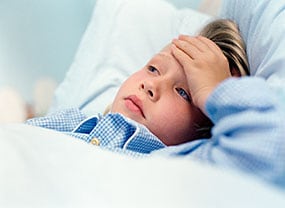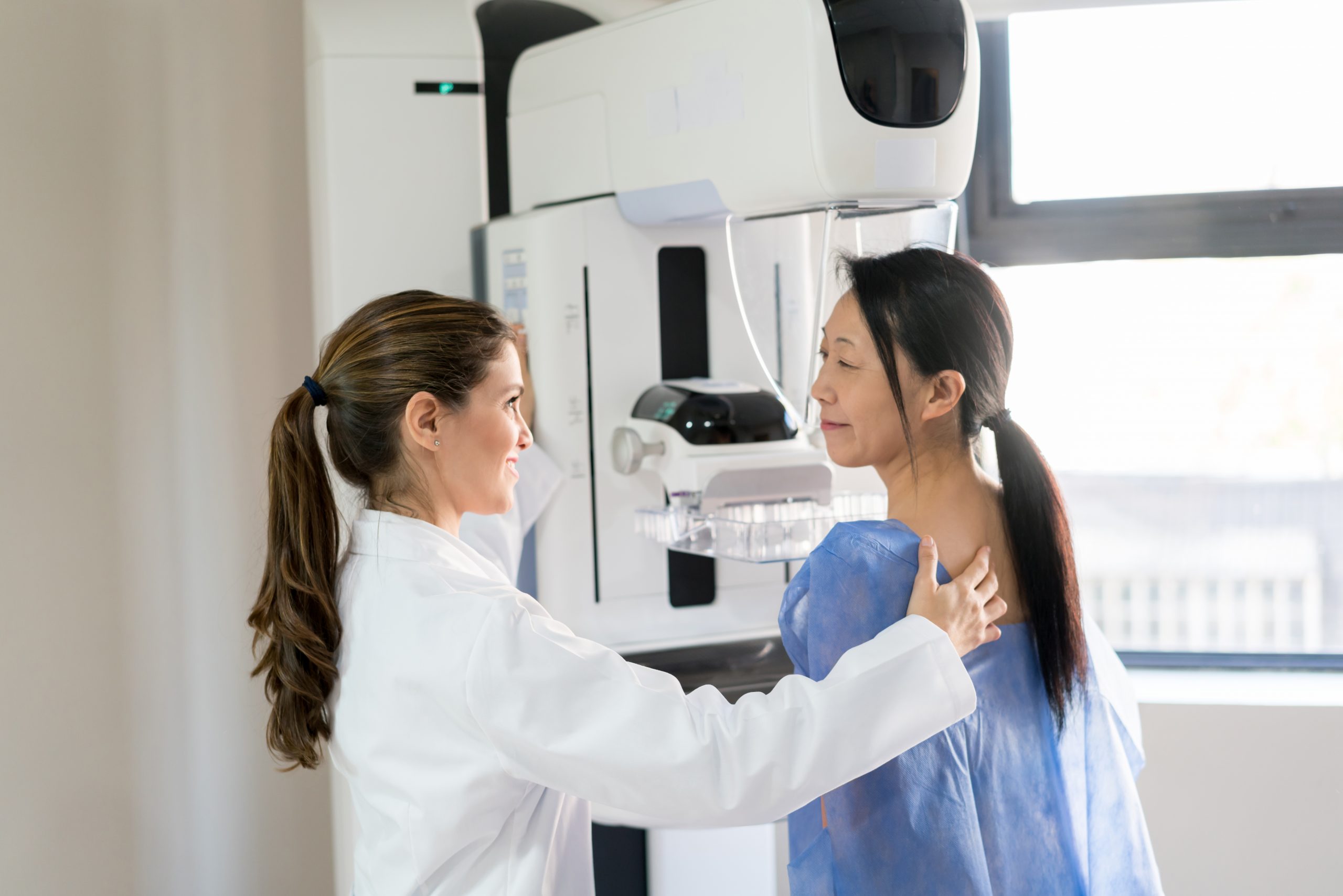About Epstein-Barr Virus (EBV) | EBV and Mono

What it is
Epstein-Barr virus, or EBV, is one of the most common human viruses in the world. EBV is also known as human herpesvirus 4 and is a member of the herpes virus family.
Most people will get infected with EBV in their lifetime, especially in childhood, and will not have symptoms. EBV infections in children usually do not cause symptoms, or the symptoms are not distinguishable from other mild, brief childhood illnesses.
About mononucleosis
EBV is the most common cause of infectious mononucleosis, also called “mono.” This contagious disease is common among teens and adults.
Signs and symptoms
Symptoms of EBV infection can include:
- Fatigue
- Fever
- Inflamed throat
- Swollen lymph nodes in the neck
- Enlarged spleen
- Swollen liver
- Rash
People who get symptoms from EBV infection, usually teenagers or adults, get better in 2 to 4 weeks. However, some people may feel fatigued for several weeks or even months.
Who is at risk
After you get an EBV infection, the virus becomes latent (inactive) in your body. In some cases, the virus may reactivate. This does not always cause symptoms, but people with weakened immune systems are more likely to develop symptoms if EBV reactivates.
How it spreads
You can spread the virus for weeks!
When you first get EBV, you can spread it for weeks and even before you have symptoms. Once EBV is in your body, it stays inactive. If it reactivates, you can potentially infect others no matter how much time has passed since the first infection.
EBV is most commonly spread through saliva by:
- Kissing
- Sharing drinks and food
- Sharing drinking cups, eating utensils, or toothbrushes
- Having contact with toys that children have drooled on
The virus probably survives on an object at least as long as the object remains moist.
EBV can also spread through blood and semen during sexual contact, blood transfusions, and organ transplantations.
Prevention
There is no vaccine to protect against EBV infection. You can help protect yourself by reducing contact with people who have EBV infection.
Make sure you avoid:
- Kissing
- Sharing drinks and food
- Using the same personal items that an infected person recently used
Testing and diagnosis
Diagnosing EBV infection can be challenging because the symptoms are similar to other illnesses. EBV infection can be confirmed with a blood test that detects antibodies. About 9 out of 10 adults have antibodies that show that they have a current or past EBV infection.
Treatment and recovery
Most people get better in 2 to 4 weeks. There is no specific treatment for EBV. However, some things can be done to help relieve symptoms such as:
- Drinking fluids to stay hydrated
- Getting plenty of rest
- Taking over-the-counter medications for pain and fever
link








